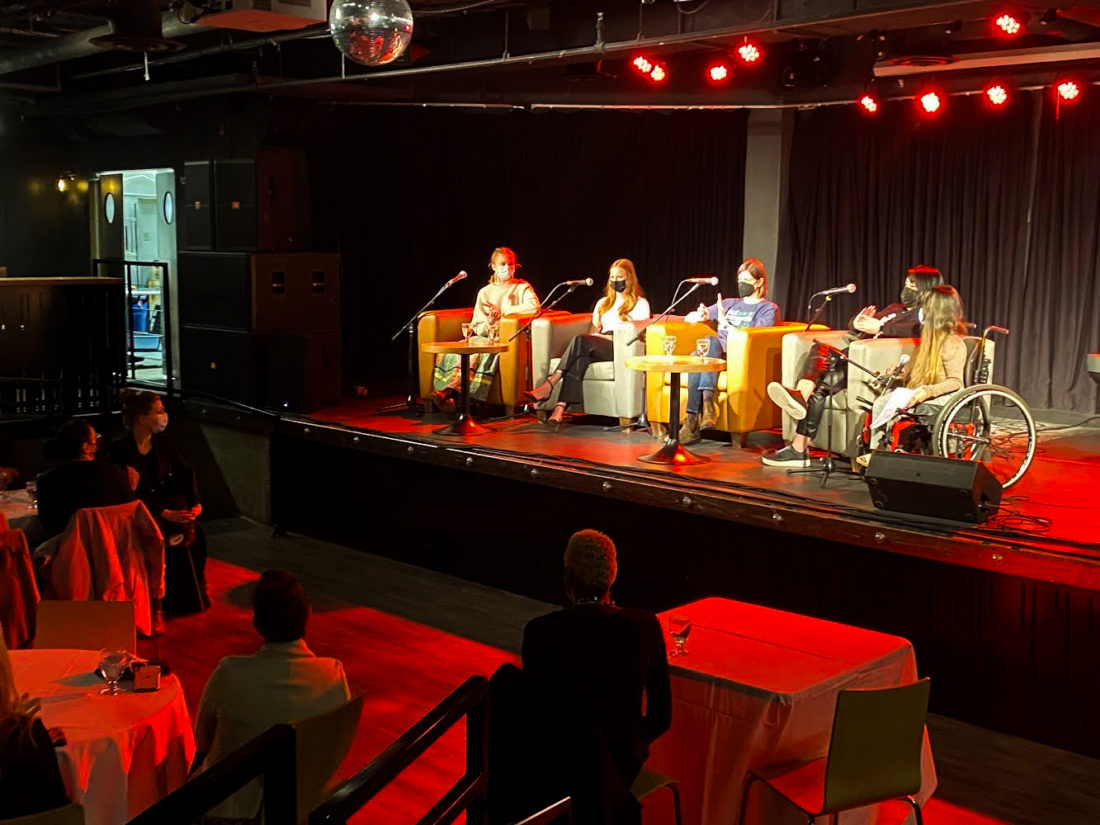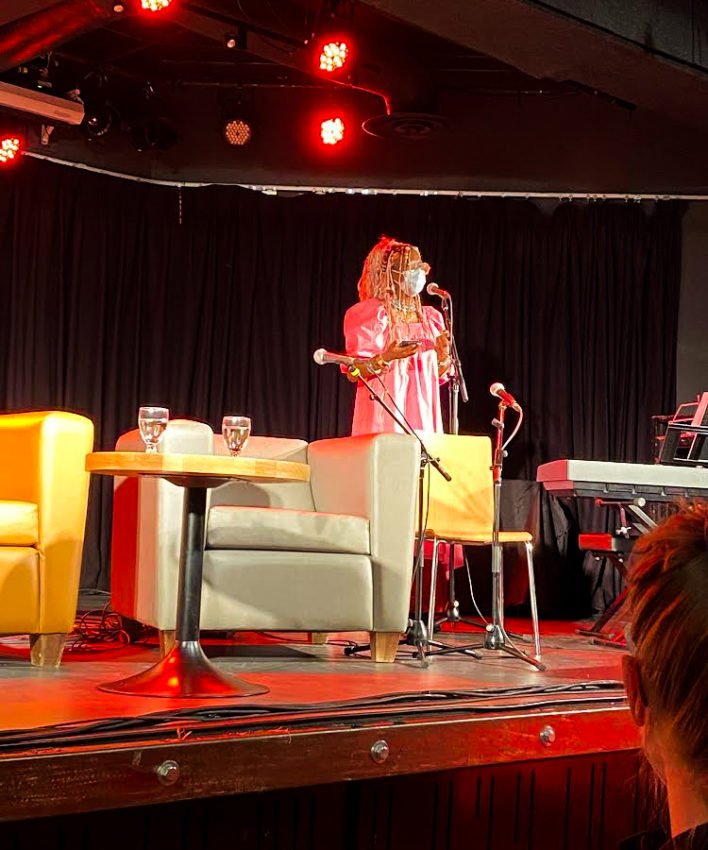
On March 8, the University of Saskatchewan Students’ Union hosted its annual Women in Leadership Gala to celebrate International Women’s Day by showcasing the diversity of female leadership in Saskatoon.
The event raised funds for YWCA Saskatoon, a non-profit organization that provides community-based programs for women and their families. The funds raised will help the organization to continue offering services and advocating for women in Saskatoon.
Through a series of panel discussions and performances, speakers offered diverse advice, sharing the challenges and opportunities that they experienced as women leaders in sports, academia, music and the arts.
The first panel, made up of women in sports, examined the realities of existing in a profession that is predominantly occupied by men.
Panellists addressed the importance of female representation in the world of sports, advocating for an increased female presence by broadcasting professional female athletes.
Bailee Bourassa, captain of the Huskies women’s hockey team, acknowledged the lack of female representation in sports and the importance of role models in facilitating change.
“Having [women] leaders in the community is a huge advantage because it gets our faces out there,” Bourassa said.
Lisa Thomaidis, head coach of the Huskies women’s basketball team, also reflected on the barriers faced by women in sport.
“We are inundated with male athletics,” Thomaidis said, as she proudly displayed her shirt that read, “put women’s sports on tv.”
The second panel offered insight into women’s experiences in academia. Panellists emphasized the importance of intersectionality when educating others on women’s issues.
Manuela Valle-Castro, the director of the division of social accountability in the U of S College of Medicine, detailed her experience as a leader of diverse advocacy work.
“No woman can speak on behalf of other women,” Valle-Castro said, explaining that advocacy should extend to marginalized identities including trans women and women with disabilities.
Other intersections were highlighted by African Canadian poet Peace Akintade, who detailed her personal experiences as a Black female artist and performer.

Akintade advocated for the intersectionality of International Women’s Day through spoken word poetry, reminding the audience of the security and privilege of living in Canada.
“Walking down the street is a privilege,” Akintade said. “Everything that we do is a privilege […] because we live in this country.”
Akintade concluded her performance with a poem about growing up in Nigeria and her relationship with her grandmother. The reading highlighted the importance of celebrating women from all around the world on International Women’s Day.
“We’re talking about International Women’s Day and we need to talk about the women that came before us,” Akintade said.
The Sheaf spoke with audience member Yashica Bither, a fifth-year psychology and sociology student, who mirrored Akintade’s thoughts and reflected on the importance of women in leadership.
“It is important to see the different paths that different women have taken and how their history affects our future.”
—
Rayyann Haque | Staff Writer
Photo: Supplied by Abhineet Goswami